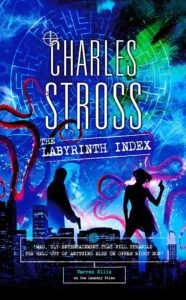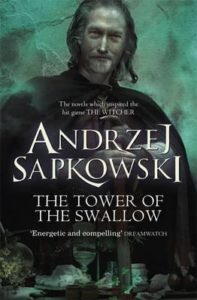Y’all, that was delightful. Ngl, I totally pictured Bradley Cooper and JLaw in the roles (and had to suffer the cognitive dissonance of her being way too young to play Tiffany) but that aside, I was incredibly moved by this surprisingly gentle tale of lost love, mental illness and sports fandom.
Pat Peoples is not well but he’s working on getting better. Formerly an out-of-shape history teacher and sports coach married to the beautiful English teacher, Nikki, something terrible happened that landed him in a neural health facility. His mom, Jeanie, lobbies for his release to her and therapist Cliff Patel’s care. Once out of the Baltimore facility and living back with his parents, Pat discovers that a lot has changed while he was inside.
One thing that hasn’t is his dad, Patrick, an emotionally constipated older man whose only joy seems to be watching the Philadelphia Eagles play. He barely speaks to Pat, despite Jeanie’s entreaties. Pat’s younger brother, Jake, does his best to help smooth things over, both at home and out in the rest of the world, while Pat’s best friend Ronnie even fixes him up with his damaged sister-in-law, modern dancer Tiffany. Not that Pat has any interest in her romantically: he’s patiently working on bettering himself, inside and out, in order to finally reunite with his beloved Nikki.
Another reviewer compared this book to Stephen Chbosky’s The Perks Of Being A Wallflower (which is one of the greatest books of all time, IMO) and I can definitely see how this is an adult version of that. The narrator is a guy trying to figure out his place in the world by being kind, who is often beset by a blinding urge to violence that threatens everything he’s worked to build. He has a supportive, if unconventional, circle of friends and family. In addition to these similarities, Pat has a connection to the Eagles and their fandom that almost transcends the (somewhat acknowledged) fact that Eagles fans are the absolute worst. I actually really enjoyed reading about their rituals and camaraderie, and comparing it with my own love for the Arsenal. The book also promotes over-tipping, literature and modern dance, and I don’t know if it was written specifically for me, but it sure does feel like Matthew Quick is my people.
But most of all, it’s a thoroughly convincing examination of a damaged man’s efforts at recovery by practicing kindness and consideration, and I was completely enthralled by it. Can’t wait to read more of Mr Quick’s stuff!





